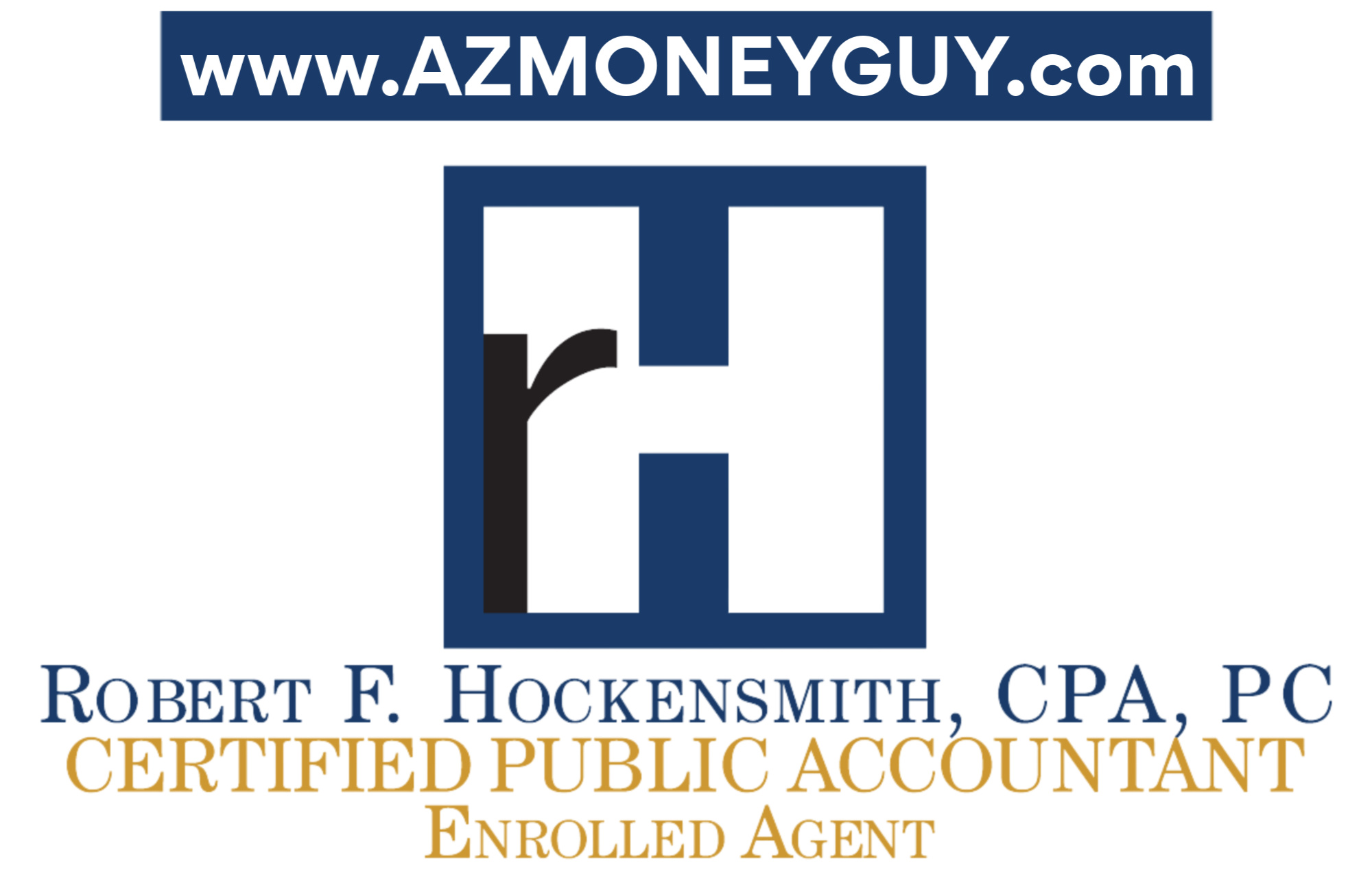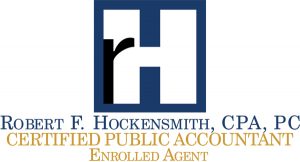Blog
Top Ten Tips to Help You Choose a Tax Professional
Top Ten Tips to Help You Choose a Tax Professional
Choose wisely, when you intend to get the bang for your buck. Linda and Priscilla are very diligent about getting their money’s worth and that explains why they screen cautiously when it comes to choosing a tax preparer. If you pay someone to prepare your income tax return, the IRS urges you to choose that person wisely.
Here are ten tips to keep in mind when choosing a tax preparer:
1. Check the preparer’s qualifications.
All paid tax preparers are required to have a Preparer Tax Identification Number or PTIN. In addition to making sure they have a PTIN, ask the preparer if they attend continuing education classes. All licensed tax preparers must attend continuing education, annually. You can see if a tax preparer is licensed with that State Board of Accountancy (CPAs) or is qualified with the IRS (EA) or are members of the state bar (Attorney). The IRS provides links that allow taxpayers (you) the ability to verify whether a tax preparer is an Enrolled Agent (EA). The link is at https://irs.treasury.gov/rpo/rpo.jsf
Each state has a Board of Accountancy to verify Certified Public Accountants (CPA) and a state bar to verify Attorneys.
2. Check the preparer’s history.
Check to see if the preparer has a questionable history. Look for disciplinary actions and for the status of their licenses.
3. Ask about fees.
Avoid preparers who base their fee on a percentage of your refund or those who say they can guarantee larger refunds than others can. Always make sure any refund due is sent to you or deposited into your bank account. Taxpayers should never deposit their refund into a preparer’s bank account. Ask what the estimated fees will be before the tax returns are prepared. Your tax professional should be able to give you a good estimate, so the final bill is not a surprise!
4. Ask to e-file your return.
Make sure your preparer offers IRS e-file. Any paid preparer who prepares and files more than 10 returns for clients generally must file the returns electronically. See week 3 for exceptions.
5. Make sure the preparer is available.
Make sure you’ll be able to contact the tax preparer after you file your return – even after the April 15 due date. This may be helpful in the event questions come up during the year.
6. Provide records and receipts.
Good preparers will ask to see your records and receipts. They’ll ask questions to determine your total income, deductions, tax credits and other items. Do not use a preparer who is willing to e-file your return using your last pay stub instead of your Form W-2, or substitute Form W-2. This is against IRS e-file rules.
7. Never sign a blank return.
Don’t use a tax preparer that asks you to sign a blank or incomplete tax form.
8. Review your return before signing.
Before you sign your tax return, review it and ask questions if something is not clear. Make sure you’re comfortable with the accuracy of the return, before you sign it. Remember, you are still legally responsible for what is on it.
9. Ensure the preparer signs and includes their PTIN.
Paid preparers must sign returns and include their PTIN as required by law. The preparer must also give you a copy of the return. If a paid preparer does not sign a return, it is illegal, they can be sanctioned and even lose their licenses, plus face fines, penalties and possibly be barred from preparing future tax returns. NEVER use a preparer that doesn’t sign the tax returns they complete!
10. Report abusive tax preparers to the IRS.
You can report abusive tax preparers and suspected tax fraud to the IRS. Use Form 14157, Complaint: Tax Return Preparer. If you suspect a return preparer filed or changed the return without your consent, you should also file Form 14157-A, Return Preparer Fraud or Misconduct Affidavit. You can get these forms at IRS.gov or by calling 800- TAX-FORM (800-829-3676)
Related Blog Posts
No Results Found
The page you requested could not be found. Try refining your search, or use the navigation above to locate the post.
Do You Owe The IRS?
Learn 5 Secrets The IRS Doesn't Want You To Know.
Click on the button below to get FREE access to this exclusive content.
Get Expert Tax Advice from an expert
Mr. Hockensmith has been a guest newscaster for national and local TV stations in Phoenix since 1995, broadcasting financial and tax topics to the general pubic. He has written tax and accounting articles for both national and local newspapers and professional journals. He has been a public speaker nationally and locally on tax, accounting, financial planning and economics since 1992. He was a Disaster Reservist at the Federal Emergency Management Agency, for many years after his military service. He served as a Colonel with the US Army, retiring from military service after 36 years in 2008. Early in his accounting career, he was a Accountant and Consultant with Arthur Andersen CPA’s and Ernst & Young CPA’s.
Build strategies, build confidence, build your business.
We are ready to do business with you
Email: [email protected]
Tel: (602) 264-9331 (24x7)
Address:
3404 West Cheryl Drive
Suite A-170
Phoenix, AZ, 85051







